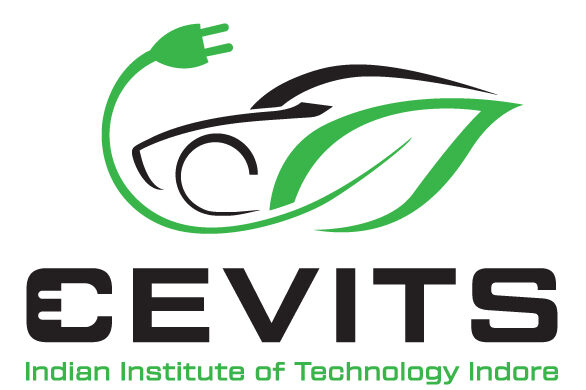Electric Vehicle
National Policies
The Government of India has introduced several key policies to promote the adoption and development of Electric Vehicles (EVs) across the country:
- National Mission for Electric Mobility (NMEM): Launched to promote electric mobility as a means of achieving energy security and environmental sustainability. NMEM aims to support the development of EV technologies, enhance infrastructure, and drive large-scale deployment of EVs.
- Faster Adoption and Manufacturing of Hybrid and Electric Vehicles (FAME) Scheme: This scheme provides incentives for the purchase of electric and hybrid vehicles, aiming to accelerate the adoption of EVs through subsidies and support for charging infrastructure.
- National Electric Mobility Mission Plan (NEMMP): Outlined as part of the NMEM, the NEMMP aims to ensure the growth of EV manufacturing and infrastructure. It focuses on the development of advanced technologies, policy support, and market development for EVs.
- Production Linked Incentive (PLI) Scheme for Automotive Sector: This scheme offers financial incentives to boost domestic manufacturing of EVs and their components, aiming to enhance the competitiveness of the Indian automotive industry in the global market.


State-Level Policies
Various states in India have also introduced their own EV policies to complement national initiatives and address regional needs:
- Delhi: The Delhi Electric Vehicle Policy 2020 provides substantial incentives for EV buyers, including subsidies, reduced registration fees, and tax exemptions. It also focuses on setting up an extensive charging infrastructure and encouraging the adoption of EVs in public transportation.
- Maharashtra: The Maharashtra Electric Vehicle Policy 2021 aims to create a robust ecosystem for EVs by offering incentives for both buyers and manufacturers, including subsidies, reduced road taxes, and support for charging infrastructure. The policy also emphasizes the development of a local EV manufacturing ecosystem.
- Karnataka: Karnataka’s EV Policy supports the transition to electric mobility through subsidies, incentives for setting up charging infrastructure, and promotion of EV manufacturing. The policy seeks to position Karnataka as a hub for EV innovation and adoption.
Individual State EV Policies
Assam
Assam Electric Vehicle Policy Assam 2021
Chandigarh
Chandigarh Electric Vehicle Policy – 2022
Chhattisgarh
Chhattisgarh State Electric Vehicle Policy 2022
Gujarat
Gujarat State Electric Vehicle Policy‐2021
Haryana
Haryana Electric Vehicle Policy 2022
Karnataka
Karnataka Electric Vehicle & Energy Storage Policy 2021
Kerala
Government Of Kerala Vehicle Electric Policy 2019
Maharastra
Maharastra Electric Vehicle Policy 2021
Odisha
Odisha Electric Vehicle Policy 2021
Punjab
Punjab Electric Vehilce Policy (PEVP) 2022
Rajasthan
Rajasthan Electric Vehicle Policy (REVP) 2022
Tamil Nadu
Tamil Nadu Electric Vehicle Policty 2023
Telangana
Telangana Electric Vehicle And Energy Storage Policy 2022-2030
Uttar Pradesh
Uttar Pradesh Electric Vehicle Manufacturing and Mobility Policy 2022

